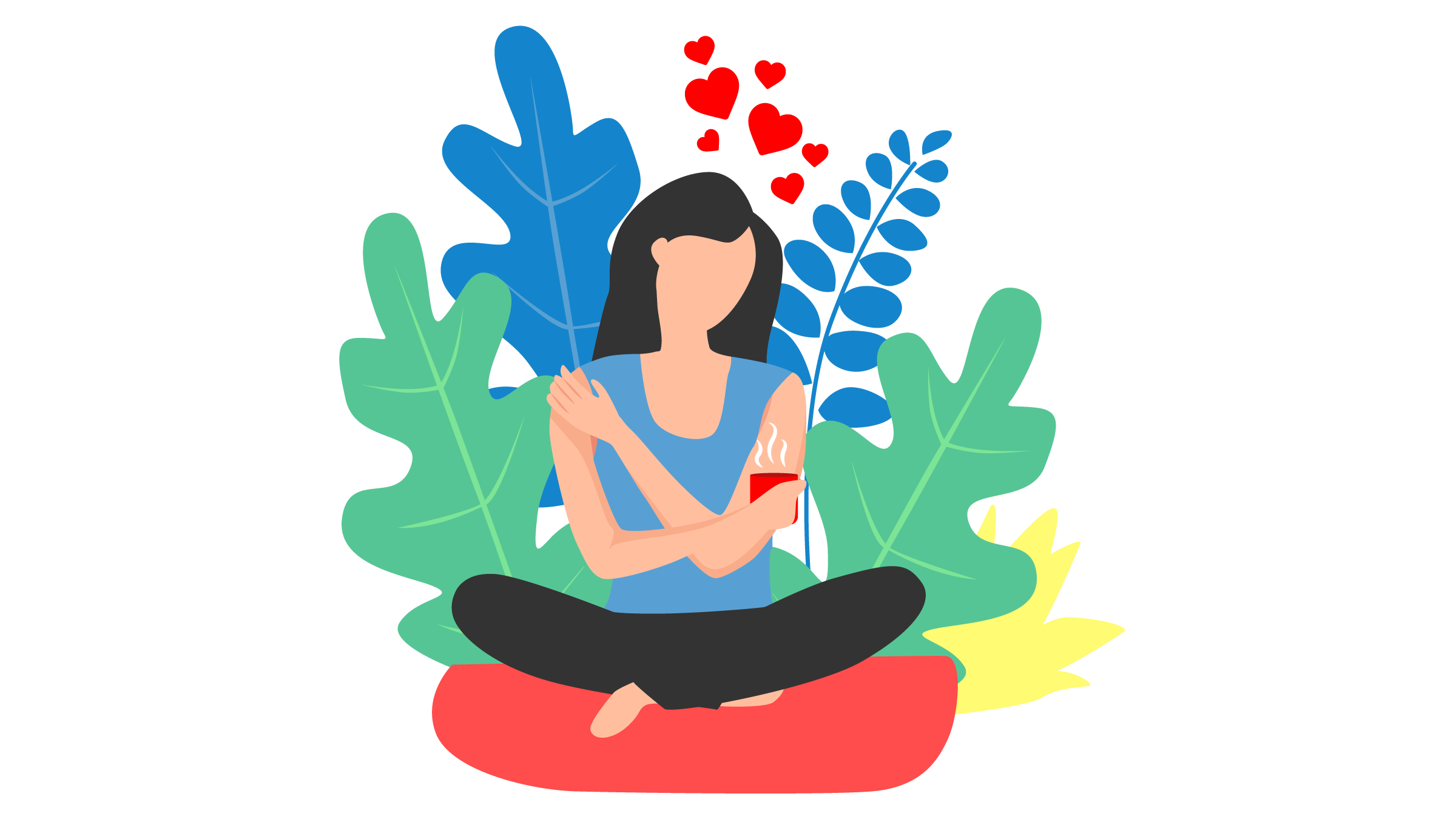
Being a late-diagnosed autistic person (who also has ADHD), I spent most of my life feeling like a fish out of water. Things others found simple and easy, I struggled with in ways I couldn’t articulate. Yet other things my peers found difficult, I accomplished with ease. Prior to the realization that I was autistic, I always thought I was just a lone weirdo.
A dear friend of mine who is a psychiatric nurse and is also neurodivergent messaged me one day and suggested I look into it. She’s known me since I was seven, so she saw the signs even when I was a child. A year of deep research and one autism diagnosis later, and here I am, thriving.
Embracing my neurodivergence
While this may look different for everyone, for me, this warm-hearted embrace of myself means:
- I no longer deny myself accommodation for things I struggle with
- I have a better perspective of my struggles and can find ways to lessen them
- when asked about why I am a certain way, I actually have an answer
- I can structure my time and schedule to meet my needs rather than trying to force myself to keep the same schedule others do
- I have a better perspective of my strengths and how to leverage them
In practical terms, I lean into the things I’m good at, give myself grace for things I’m bad at and use tools to get around things I need assistance with. For example, I’ve started running certain portions of my client communications through AI services to help “soften the blow” with my language. I don’t use it for anything that has to do with unique elements of their story (due to copyright concerns), but if I need to phrase a query carefully, I let GoblinTools do the heavy lifting on making it more formal.
My neurodivergent strengths
As editors, our jobs come with a whole lot of detail-oriented tasks. Now that I’m properly medicated for my ADHD and can focus, I am able to do a lot of work in a small amount of time thanks to a combination of my hyperlexia (the ability to read well and fast) and the pattern recognition that is often inherent in autism. As a result, I can edit at light speed without losing quality.
Functionally, that also means I have had to move away from a per-hour model and embrace a per-word pricing model to ensure I am fairly compensating myself. When I used per-hour pricing, I wound up halving (or more) the amount I should have charged.
I am also highly competent at knowing where to find information when I need it to do (light) fact checking. Being autistic comes with special interests, and research and digging into things is one of my many passions.
My neurodivergent struggles
I also have things I am not as good at. Communicating with clients in a way that doesn’t make their hair stand on end is one of them. I tend to be rather blunt with my feedback, albeit never cruel. Unfortunately, this doesn’t always land well with clients.
I also struggle with task switching and time management. I become overwhelmed when I have too many projects at once, and there are times when I shut down and am able to do absolutely none of them. Part of that time management difficulty also manifests in my difficulties with my work-life balance. Which is to say, I don’t have one.
The takeaway
Regardless of whether you are neurodivergent or not, shaping your process and work to fit your unique needs is important. Everyone has strengths and weaknesses they need to make space for, and discovering what yours are and how to work within that framework will allow you to make the most of your time and skills. It will also help you identify areas you need accommodations in.
You don’t need to be autistic or disabled to require accommodations, either. If you’re just plain not good at something, looking for tools to mitigate your difficulties can improve your life and your work.
For me, acknowledging and embracing my whole self has meant my career has taken a dramatic turn for the better. I understand myself and my needs, and rather than hating myself for having them or trying to pretend I don’t, I now make space for them. For example, I’m writing this in my fuzzy bathrobe with my comfort blanket on my lap. Wearing real pants? Well, I save that for the grocery store, thanks.
___
The Editors’ Weekly is the official blog of Editors Canada. Contact us.
Discover more from The Editors' Weekly
Subscribe to get the latest posts sent to your email.
